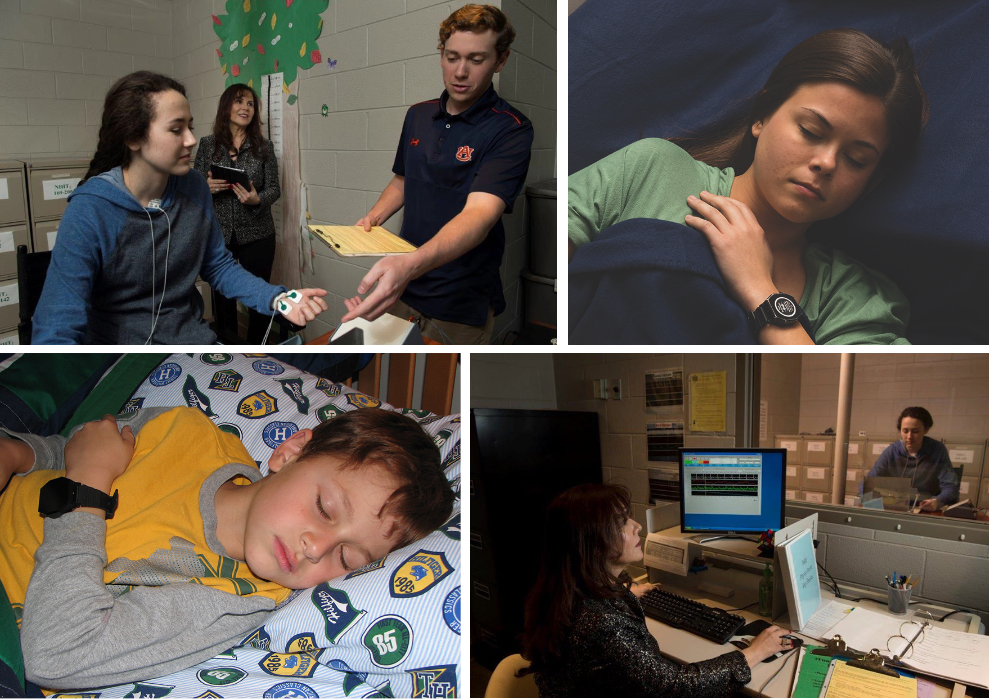Child Sleep as a Mechanism and Moderator in the Development of Health Disparities
Funded by National Heart, Lung, & Blood Institute (NHLBI)
Grant # R01-HL136752 and R01-HL093246
El-Sheikh, M. (PI)
1/1/2009 — 8/31/2021
This project extends a completed study that began when participants were children and now continues into their adolescent years. Our goal is understanding how continuity and change in sleep relate to concurrent and long-term health outcomes.
This study focuses on racial and socioeconomic disparities in sleep and related developmental trajectories of adaptation and maladaptation. We are examining multiple aspects of sleep as pathways of risk and vulnerability or protective factors connecting socioeconomic adversity and ethnic minority status to mental and physical health as well as cognitive and academic outcomes. We have found that sleep problems (inconsistent duration and schedule, short duration, and low quality, examined through actigraphy) predict poor cognitive/academic performance and health problems in mid to late adolescence. Documenting health disparities, negative outcomes of sleep problems have been most pronounced for children living in lower socioeconomic circumstances and/or for African American/Black children in comparison to European American/White children. Our identification of good sleep as a protective factor against negative outcomes that are otherwise more pronounced for African American youth and youth in families with lower socioeconomic status highlights opportunities for prevention and intervention. Data collection is continuing through adolescence (ages 16 – 18) and has been expanded with a larger sample to enhance focus on multiple socioeconomic domains (family, neighborhood) and variables associated with ethnicity/race (e.g., perceived discrimination, general stress). Data collection for 18-year-olds is nearing completion.
